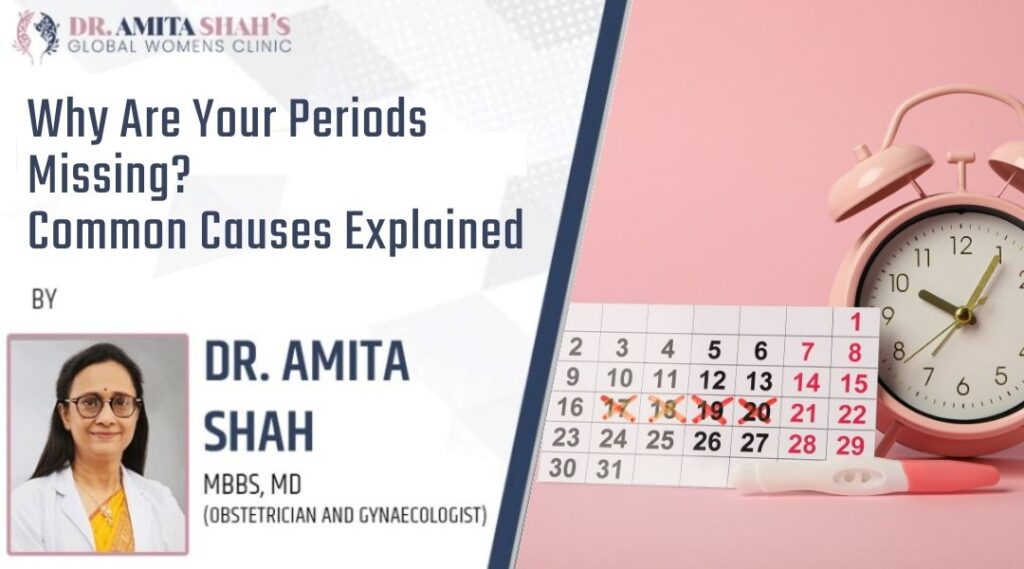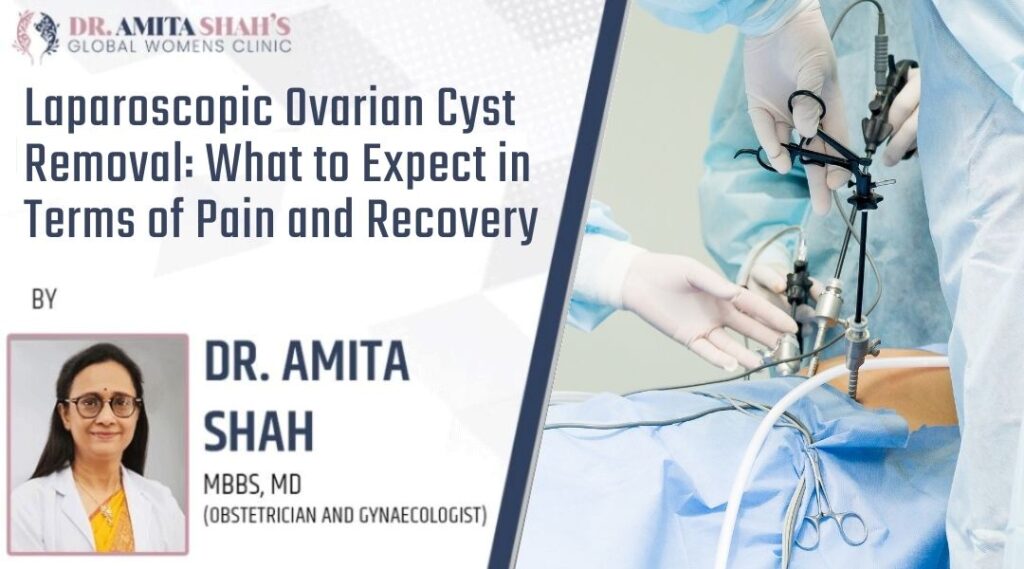When you’re pregnant, you could easily spend nine months worrying about everything that can go wrong. But there’s another option: Instead of simply worrying, you can take these five crucial steps to protect your healthy pregnancy. By following these steps, you can dramatically reduce the risk of miscarriage, premature delivery, birth defects, and other complications. As a bonus, you’ll be giving yourself the strength, energy, and confidence you’ll need to thrive throughout pregnancy and birth.
Here is what to keep in mind:
1. Eat well: You are your baby’s only supply of construction materials as he or she grows. Tomorrow, the meals you eat today will become part of his brain, toes, or heart. With so much on the line, this is not the time to go on a calorie-restricted diet. This isn’t the time to cut corners on any of the food categories. If you’re like most women, you receive enough protein from eggs, meat, nuts, and other sources every day. However, you may need to put in more effort to achieve other key objectives. Pregnant women should have at least three servings of fruits, four servings of vegetables, six to nine servings of grains or cereal, and at least four servings of low-fat or nonfat dairy products per day, according to an expert. Take a few additional measures at meals now that you’re pregnant. Ensure that all meats and fish are properly cooked to avoid food poisoning. Don’t consume shark, swordfish, tilefish, or king mackerel since they contain high levels of mercury. You can eat up to 12 ounces of salmon, catfish, and other low-mercury fish every week, or two regular-sized meals. Tuna contains mercury as well, but it’s okay to eat if you don’t consume more than six ounces each week.
2. Take your supplements: You’ll probably be deficient in two critical nutrients, folic acid and iron, no matter how attentive you are at the dinner table. Folic acid deficiency increases the chance of brain and spine birth abnormalities. Women who are planning to become pregnant should take 400 micrograms of folic acid each day, and more if they do. The Institute of Medicine recommends 600 micrograms daily, with a safe upper limit of 800 micrograms for pregnant women under 18 and 1000 micrograms for pregnant women over 18. An expert organisation recommends that all pregnant women get 800 micrograms of folic acid every day, while the Institute of Medicine recommends 800 micrograms daily. Your doctor can assist you in selecting the best prenatal vitamin for you. After speaking with your doctor at your first prenatal appointment, begin taking iron supplements. The typical daily dosage is 20-27 mg. Iron in your bloodstream aids in the delivery of oxygen to all parts of your body, including the placenta, which nourishes your baby. You can develop anaemic if you don’t get enough iron, which increases the chances of your baby being delivered early or underweight.
3. Don’t smoke or drink alcohol: Cigarettes and alcohol are toxic to growing infants. Smoking reduces the oxygen flow to the infant, increasing the chance of miscarriage, stillbirth, early delivery, low birth weight, and other issues. It’s also a good idea to stay away from secondhand smoke. Similarly, government authorities claim that there is no such thing as a safe dose of alcohol during pregnancy. Heavy or binge drinking during pregnancy, in particular, can harm a baby’s brain and lead to foetal alcohol syndrome, a life-threatening birth condition. Even moderate drinking has been related to learning difficulties and behavioural disorders in children. If you’re having problems quitting smoking or drinking, get advice from your doctor.
4. Take your medicine carefully: Because you’re pregnant, the medication cupboard isn’t off-limits. Medications may be necessary for your health during pregnancy if you have a chronic illness such as high blood pressure or diabetes. Your doctor may alter your prescription or dose to provide you with the most benefit while posing the fewest hazards. Before using over-the-counter vitamins or medicines such as pain relievers or allergy treatment, see your doctor. Some alternatives will be more secure than others. Aspirin and ibuprofen, for example, are known to increase the chance of miscarriage, but acetaminophen is believed to be safe during most pregnancies.
5. Get regular prenatal care: Prenatal care should ideally begin even before you become pregnant. If you plan to get pregnant, your doctor may examine your overall health, ensure that your vaccines are up to date, and generally assist you in starting your pregnancy off on the right foot. Schedule an appointment with your family doctor, an obstetrician, or another health expert as soon as you become pregnant.
You’ll need to see your doctor multiple times during your pregnancy, and if you’re having a high-risk pregnancy, even more frequently. Prenatal checkups offer more than simply a chance to see your baby’s heartbeat or get some great ultrasound photographs. These checkups can often assist in avoiding preterm birth and other issues. These visits will assist you in making key decisions that will improve your and your baby’s chances of a positive result.
These five essential measures will go a long way toward keeping you and your baby safe and healthy during your pregnancy, but they aren’t the only things you can do. Make sure to discuss any concerns you have with your healthcare provider, as well as any further precautions you should take. You won’t be able to stop worrying about your infant entirely, but you may be certain that you’re doing your best
Dr Amita Shah is the best pregnancy doctor in Gurgaon. She is a reputed surgeon, obstetrician and gynaecologist with over 30 years of experience. With a high success rate of normal deliveries and expertise in high-risk pregnancies, she is much regarded by all her patients and colleagues alike.
































